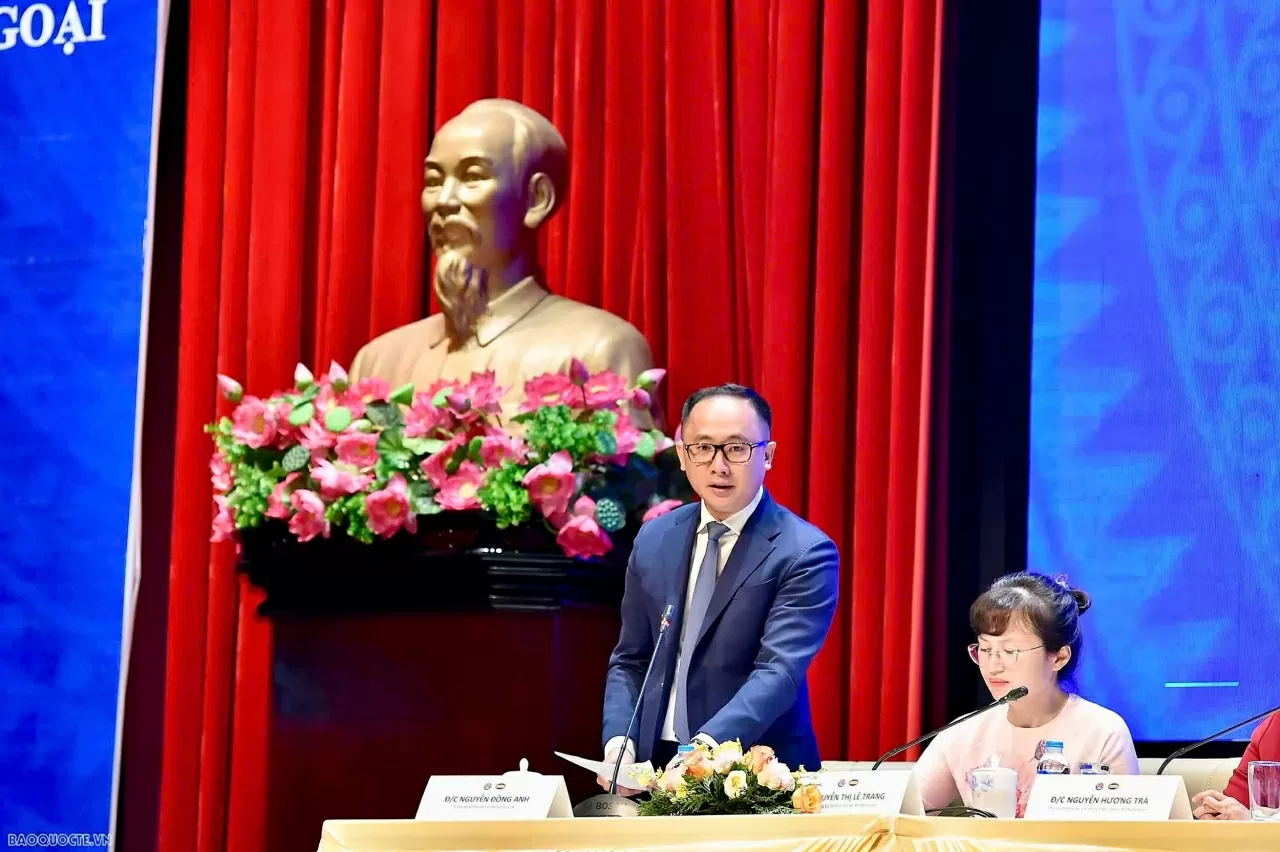 |
| Dr. Nguyen Dong Anh believes that each diplomatic officer needs to possess many factors in the new era. (Photo: NVCC) |
That is the opinion of Dr. Nguyen Dong Anh, Deputy Head of the Department of Communication and Foreign Culture , Diplomatic Academy, Secretary of the Youth Union of the Ministry of Foreign Affairs with The World and Vietnam Newspaper on the occasion of the 80th anniversary of the establishment of Vietnam's Diplomacy.
Core foundations in a "multivariate" state
In the context of the unpredictable international situation, what are the new requirements for Vietnamese diplomatic staff?
The world today is operating in a "multivariate" state: strategic competition between major countries intertwined with geo-economic fragmentation; prolonged local conflicts; supply chain, energy and food risks; and non-traditional challenges such as climate change, epidemics, cyber security, misinformation, fake news, and bad news. In this context, the requirements placed on the Vietnamese diplomatic staff are increasingly high, in terms of knowledge base, values, professional capacity and adaptability.
First and foremost, each diplomat must have a strong political stance and be steadfast in national interests. The principles are immutable, but the implementation must be flexible and creative, based on international law and friendly relations and cooperation for mutual development.
Second, improve strategic thinking and execution capacity: Understand regional and global structures, grasp the competitive and cooperative dynamics of the subjects, thereby forecasting scenarios, determining the fulcrum of interests and the time to make appropriate advice and decisions.
Third, strengthen multilateral and interdisciplinary capacity. Diplomacy today cannot be separated from economics, science, technology, culture , environment, and non-traditional security issues. Diplomats need to think systematically, see the big picture, and be able to "see through" and go into depth of each pillar when needed.
Fourth , develop strategic communications and public diplomacy capabilities. In the digital age, our national image, brand, and ability to mobilize international engagement and empathy depend largely on how we tell Vietnam’s story in an authentic, convincing, data-driven, and evidence-based way.
Finally , one must be persistent, steadfast but flexible, have the ability to "respond quickly - recover quickly - adapt sustainably" to all fluctuations, have the ability to continuously learn, conduct scientific research without stopping and innovate in working methods.
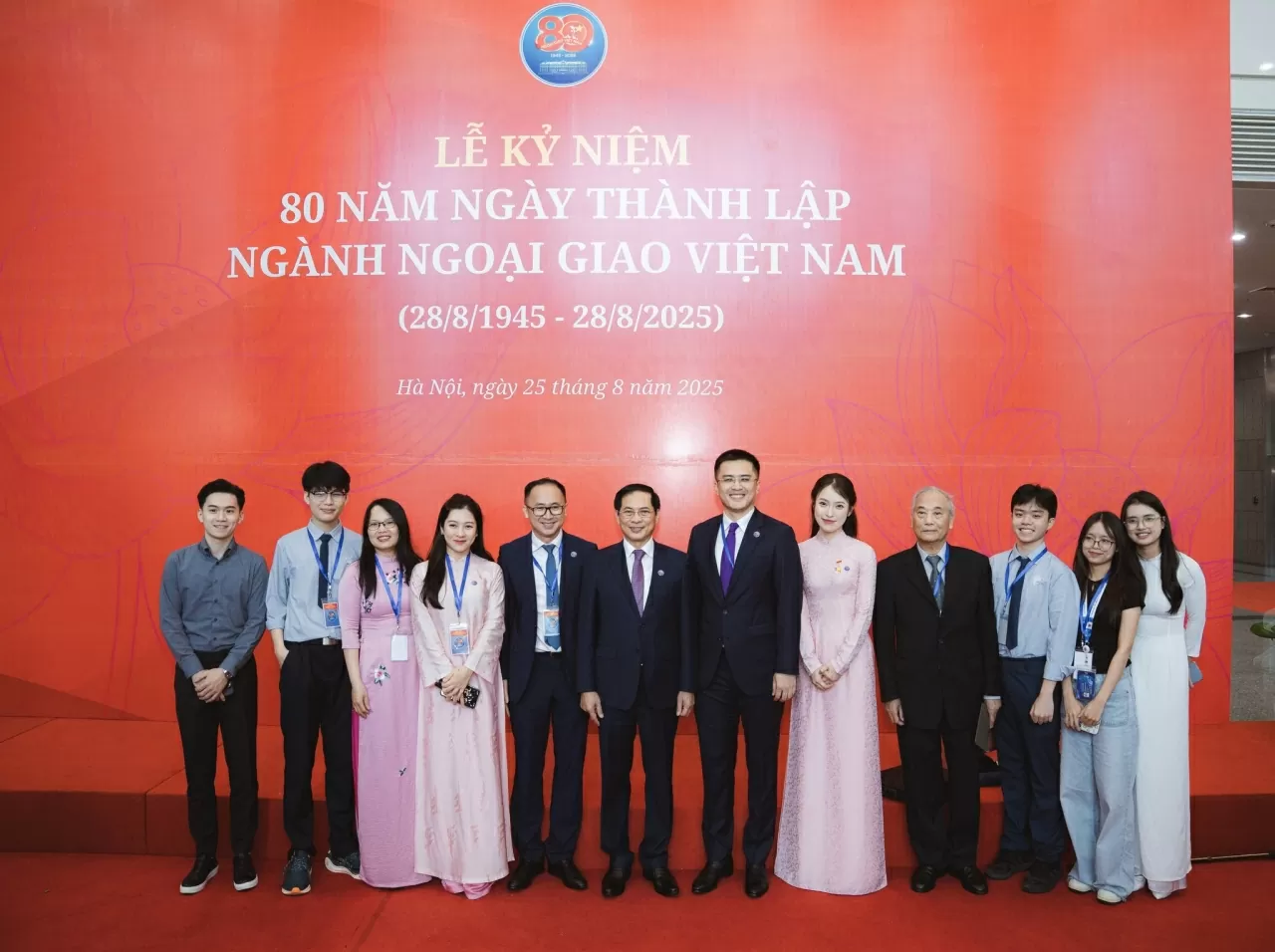 |
| Diplomatic officers and students of the Diplomatic Academy took a souvenir photo with Deputy Prime Minister and Minister of Foreign Affairs Bui Thanh Son. (Photo: Khanh Vy) |
In your opinion, what are the core knowledge and skills that a new generation diplomat needs to be equipped with, in addition to the traditional political and foreign affairs foundation?
In my opinion, a new generation diplomat needs to possess a multidisciplinary knowledge base, constantly updated: international economics, trade - investment, finance, supply chain; international law and institutions; international media, global issues; science - technology; especially culture , society, deep understanding of the country, people, nationality and social psychological factors.
Second, equipping students with an integrated set of "hard - soft" skills: Negotiation, bargaining and consensus building in both bilateral and multilateral contexts; Evidence-based analysis and forecasting, knowing how to use data, open knowledge sources and modern analytical tools; Strategic writing and speaking such as writing concisely, clearly and accurately, persuasive presentations, vivid and practical policy storytelling; Crisis management and crisis communication management; digital skills, working on digital platforms, understanding digital audiences, algorithms and logic of information distribution on both mainstream and social media channels; Design thinking and innovation, not afraid to experiment, learning quickly from controlled errors.
Third, at least be proficient in one foreign language at a professional level, and be able to work in a second foreign language. Foreign language here is not just communication, but the ability to understand, analyze, reason and negotiate in a foreign language.
Fourth, lifelong learning capacity and personal knowledge management, knowing how to choose reliable sources of information, building a directory , annotating , and dataizing knowledge to serve work.
Practice strategic thinking and situational reflexes
How should the current training of diplomatic staff be innovated to not only meet professional requirements, but also train their mettle, strategic thinking and ability to adapt to unexpected situations in the international arena?
The core of training innovation is to shift from imparting knowledge to developing the capacity and qualities of each individual. To do this, training can consider some key proposals. First , design the program according to the capacity output standards. Strategic thinking, policy analysis, negotiation, strategic communication, crisis management, public service integrity.
70–20–10 model: 70% learning through work and real projects, 20% through mentoring and coaching, 10% through formal classes. Enhance learning through simulation methods such as negotiating agreements, urgent press conferences, handling consular crises, and responding to misinformation. Research, develop, and communicate foreign policies, staff skills, conference and seminar chairing skills, telegram and note drafting techniques, protocol, reception, intercultural communication, digital diplomacy skills, etc. In addition, promote academic honesty, prevent "polishing" achievements; encourage initiatives to improve public service; timely rewards, strict discipline.
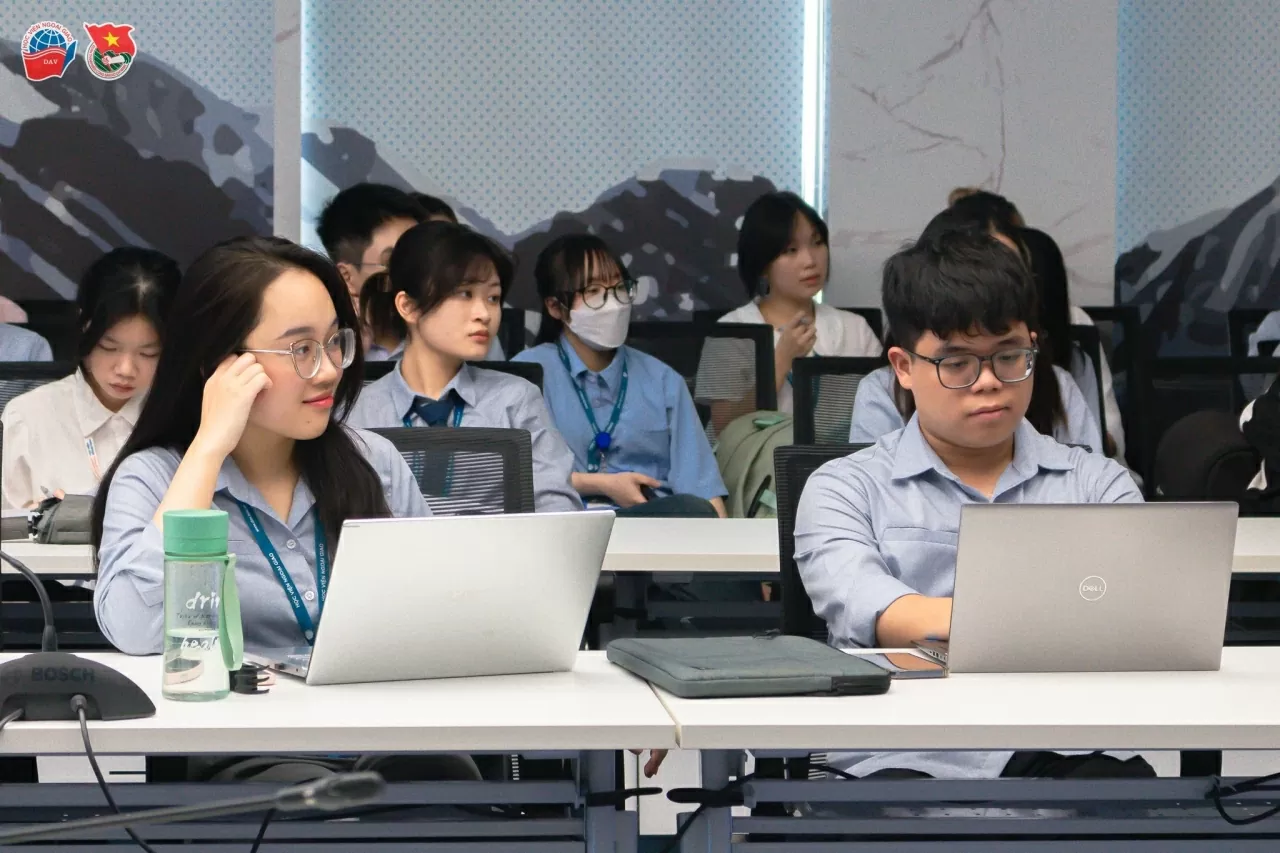 |
| A new generation diplomat needs to possess a multidisciplinary knowledge base that is constantly updated. (Source: DAV) |
Can you share your views on the role of technology, artificial intelligence... in diplomatic activities, and how these factors should be integrated in staff training?
Technology and AI do not replace diplomats, but are "capacity amplifiers" if we understand and use them correctly.
AI supports data analysis and forecasting: Synthesize open and standardized data sources, identify trends, map subject networks, and detect anomalies. This helps shorten information processing time and allocate resources for strategic thinking. However, AI cannot replace political, cultural , and legal judgments. Training programs need to emphasize "reading carefully - understanding deeply - making responsible decisions", avoiding dependence on AI or any other technology.
At the same time, use AI to serve digital diplomacy and digital listening: Use digital platforms to communicate policies, spread Vietnam's story; at the same time monitor public opinion, identify and handle false information, enhance social resilience against information manipulation, prevent toxic news, fake news, and false news. It is necessary to include in training content on information classification, security, privacy, digital safety, procedures for using digital tools in public service, and technology risk management.
Designing the "AI literacy for diplomats" program: Understanding the principles, capabilities and limitations of AI; ethics - legality; task skills within the process framework, cross-checking, tracking standards - accountability. In particular, personalizing learning through technology: Learning management system, digital learning materials, interactive situational library; thereby improving self-study efficiency and continuous training.
The focus is on establishing a "safe zone" and business processes when applying AI in public service. Decentralization, source authentication, multi-source verification, multi-level approval, encryption of sensitive data to ensure safety, efficiency and ethics in public service, avoiding dependence on AI or any technology platform that you do not have complete control over.
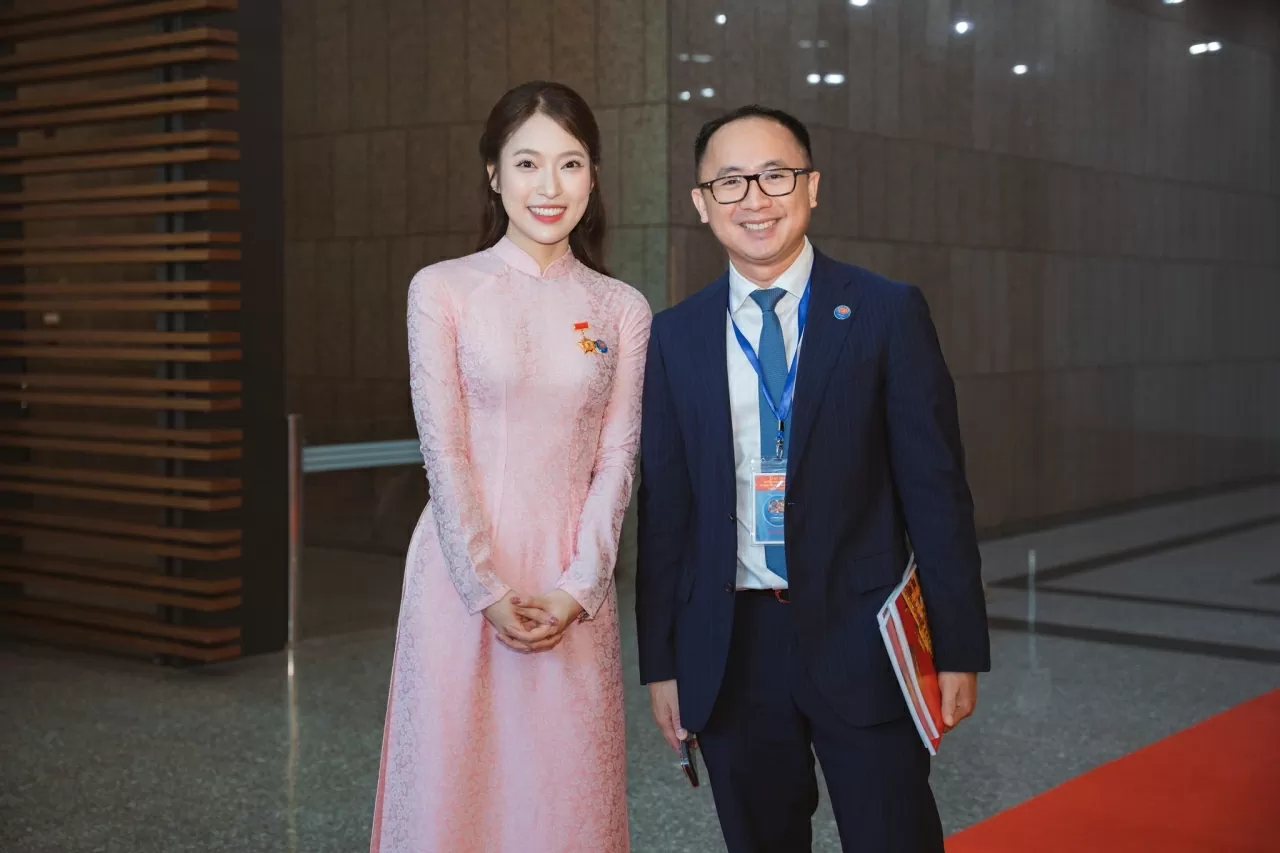 |
| Dr. Nguyen Dong Anh and MC Khanh Vy - a graduate student of International Communication, Diplomatic Academy. (Photo: Tuong Vy) |
Responsibility to the nation
In addition to knowledge and skills, how should professional ethics and responsibility to the nation be nurtured in the luggage of a young diplomat?
Public ethics and political courage are the foundation of a diplomat. In all circumstances, national interests are always the compass and the guiding light. Training and fostering diplomatic staff requires cultivating three layers of values at the same time.
First, core values: Loyalty, dedication, integrity, discipline, setting an example, respecting international law, valuing peace, cooperation and development.
Second, ethical capacity: Identify and handle conflicts of interest; tell the truth and do the right thing; take responsibility for your decisions; know how to refuse anything that goes against your principles, even if it brings short-term benefits.
Third , responsibility in communication and cultural exchange on digital platforms: Speak carefully; respect state secrets; do not let "digital life" damage the reputation of the organization; behave appropriately on social networks.
In addition, it is necessary to pay attention to mental health and resilience. Diplomatic work is often stressful, time-pressured, and high-intensity. Build an organizational culture based on a foundation of openness, learning, and accountability: encourage constructive criticism; learn from previous generations; create conditions for the younger generation to try their hand, dare to think, dare to do, dare to take responsibility; link training with use and promotion based on real qualities and abilities.
When the roots of values are solid, combined with modern knowledge, skills and technology, we can trust in a generation of diplomats who are "both red and professional": steadfast, alert, humane, effective, ready to take on missions in the new era.
In short, training diplomatic staff in the new era is a comprehensive effort to both standardize and modernize ; to both preserve the roots and innovate; to both develop human resources and create an ecosystem of knowledge and technology. It is a continuous journey for each diplomatic staff today to be worthy of the glorious tradition of the industry, and at the same time be capable of making positive contributions to the peace, cooperation and development of the country and the international community.
Source: https://baoquocte.vn/cai-goc-cua-nha-ngoai-giao-the-he-moi-325594.html



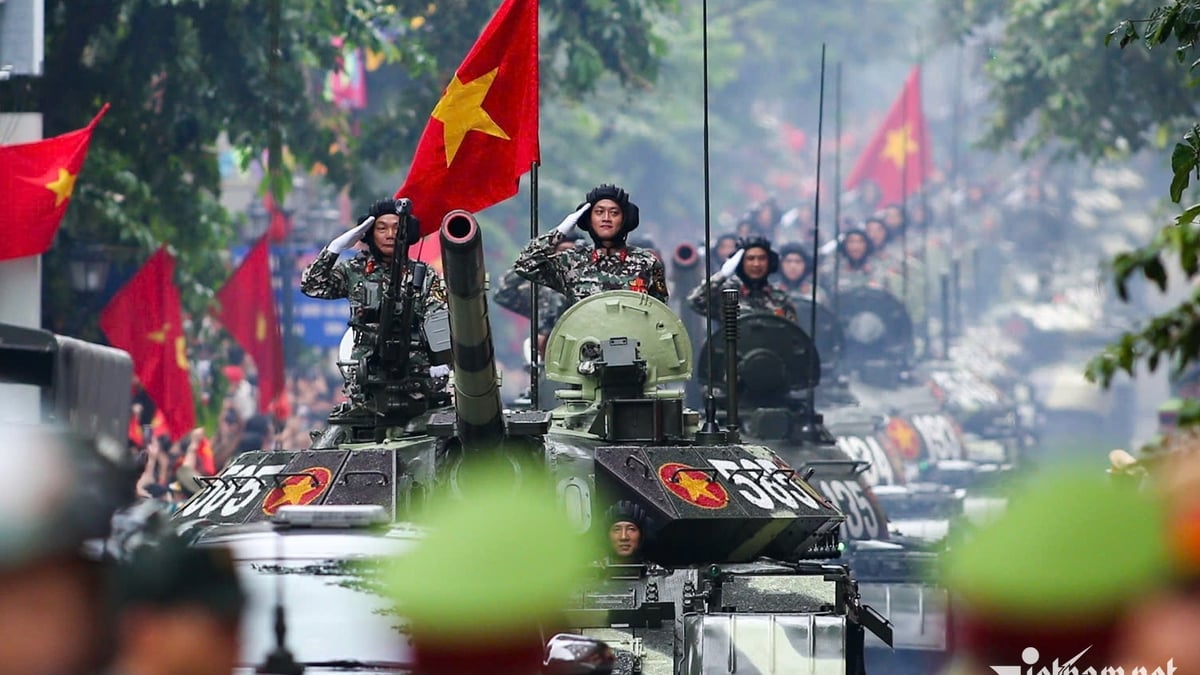

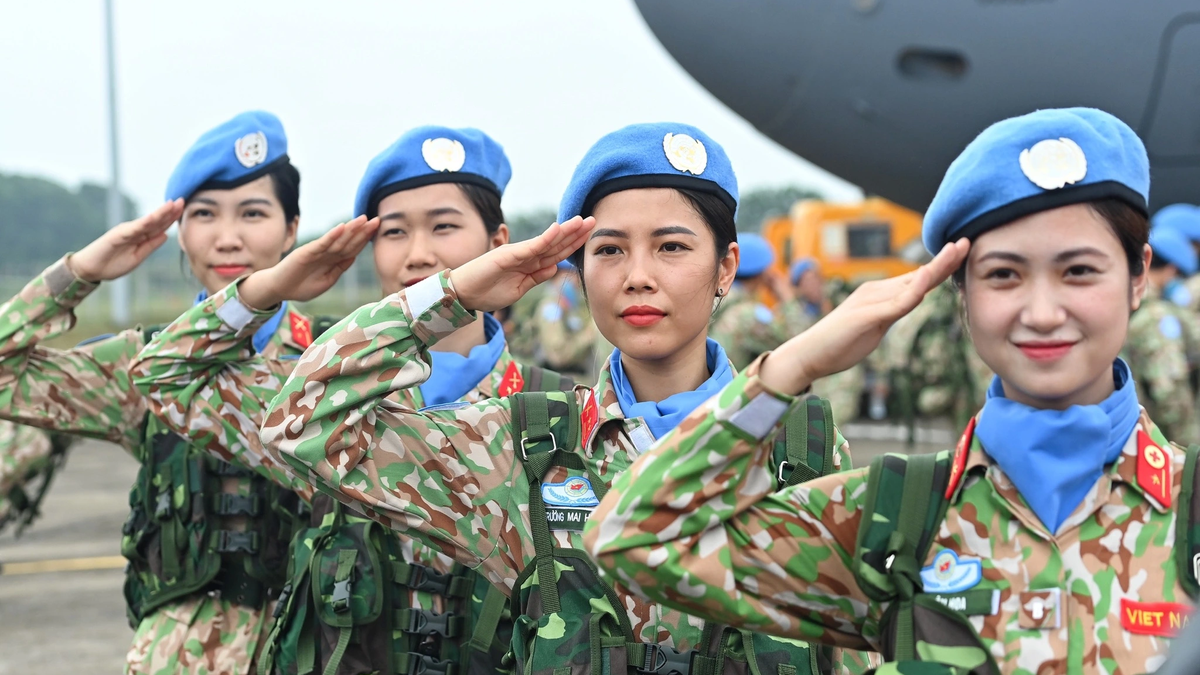
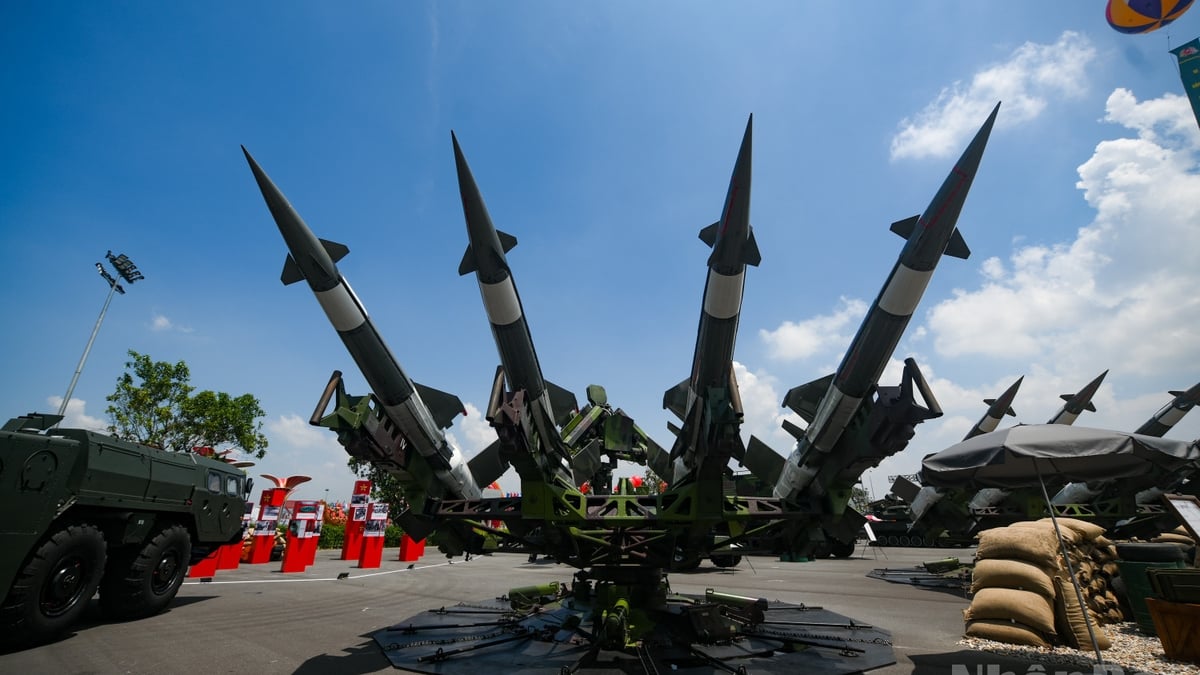
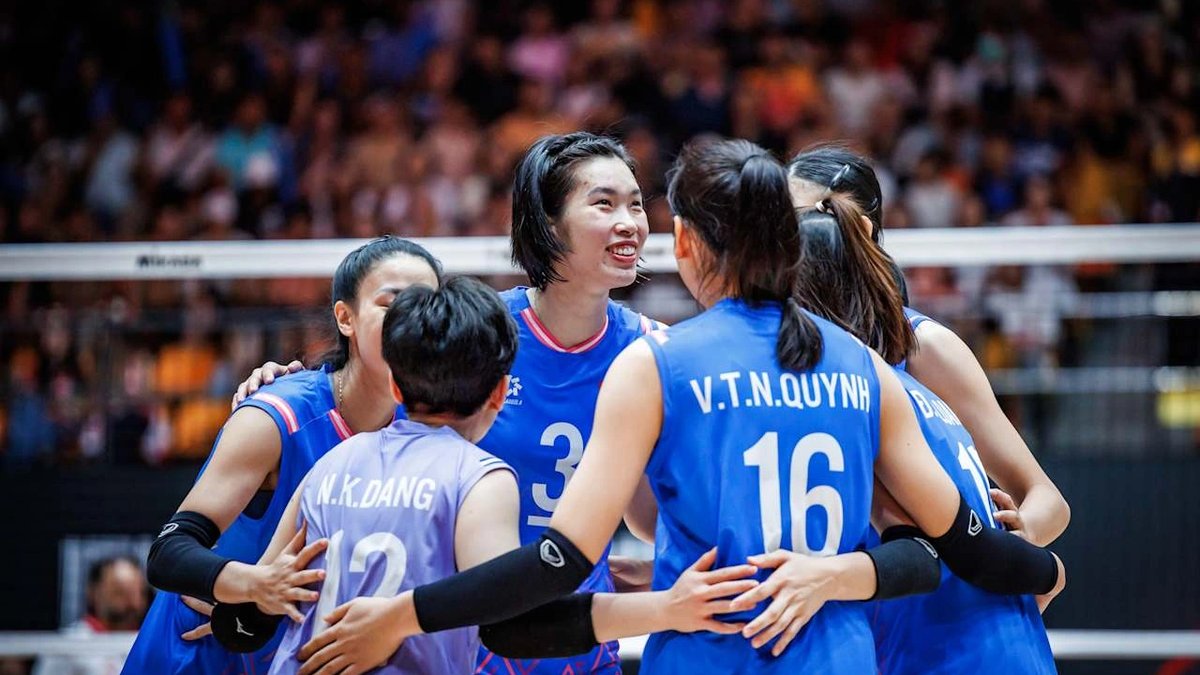
![[Photo] Hanoi is ready to serve the occasion of the 80th National Day Celebration on September 2nd](https://vphoto.vietnam.vn/thumb/1200x675/vietnam/resource/IMAGE/2025/8/29/c838ac82931a4ab9ba58119b5e2c5ffe)
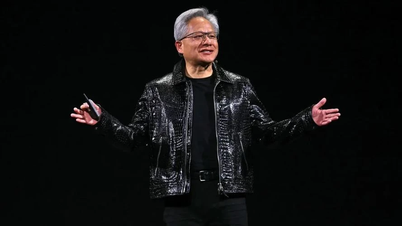

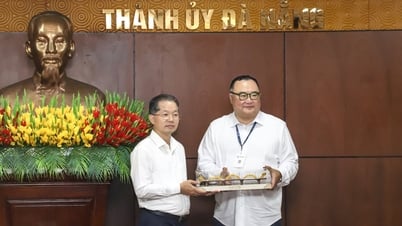

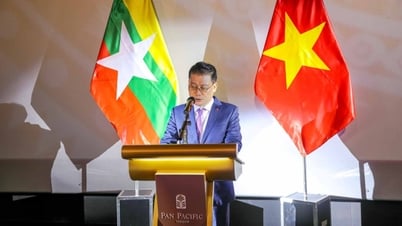


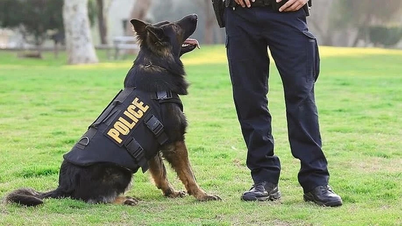

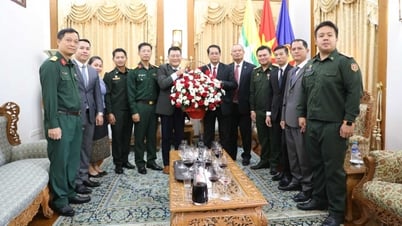
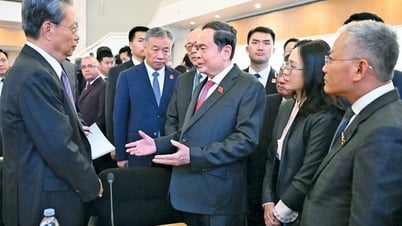

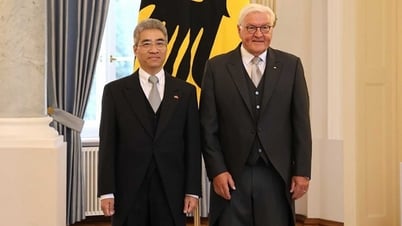
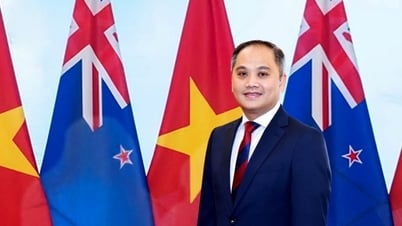
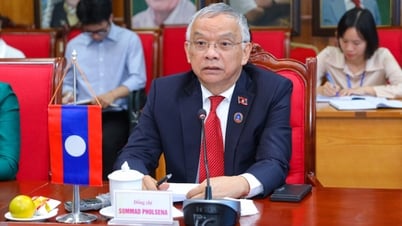

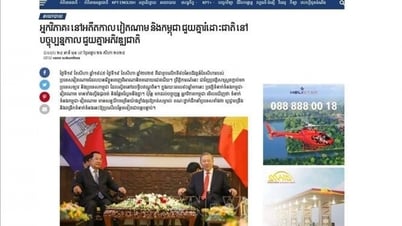




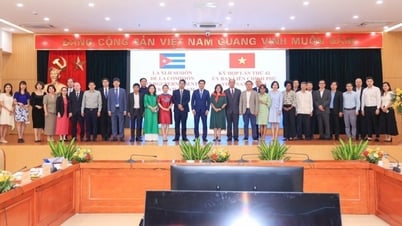
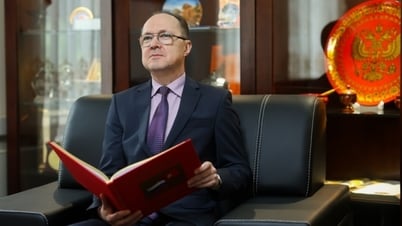
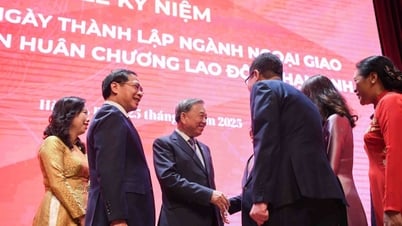
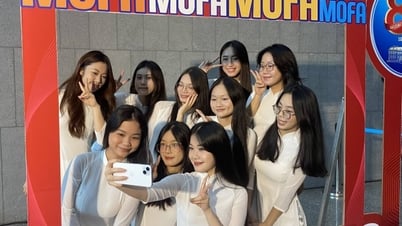
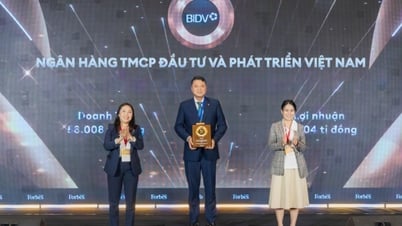

![[Photo] Prime Minister Pham Minh Chinh meets with Speaker of the New Zealand Parliament Gerry Brownlee](https://vphoto.vietnam.vn/thumb/1200x675/vietnam/resource/IMAGE/2025/8/28/cec2630220ec49efbb04030e664995db)
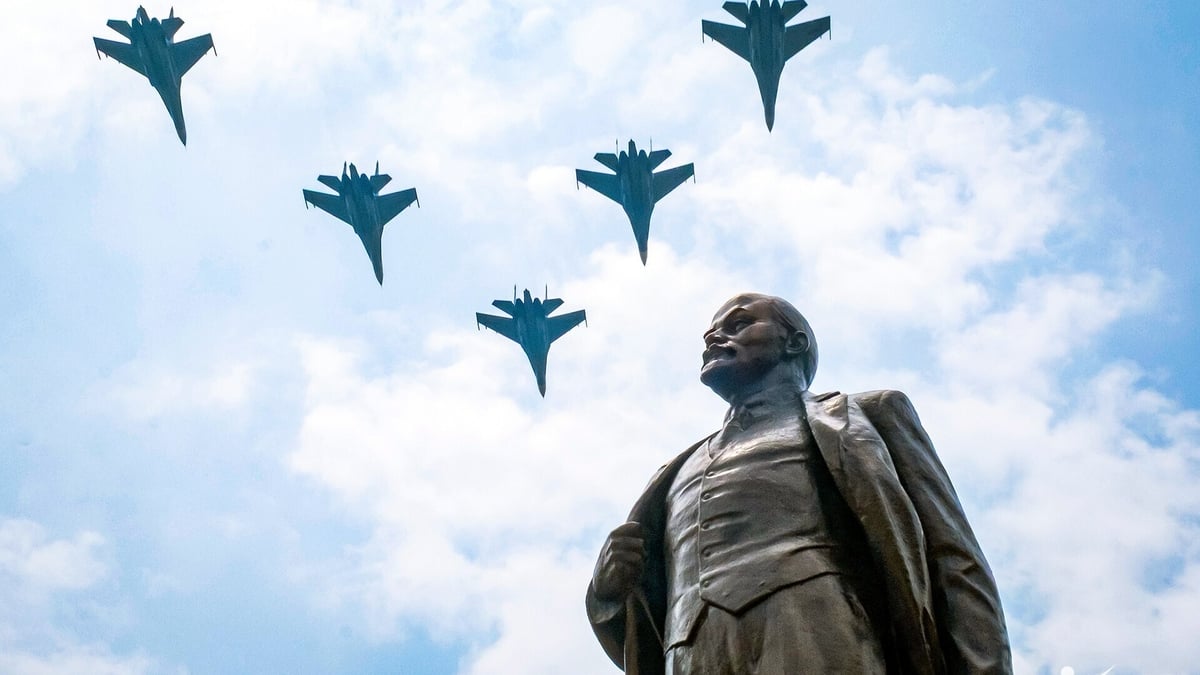

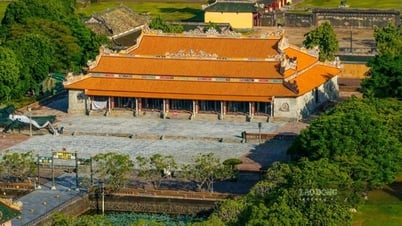








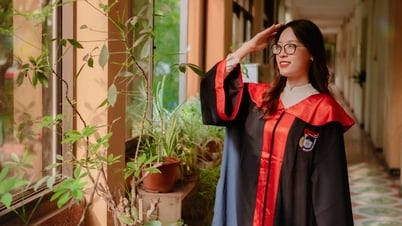

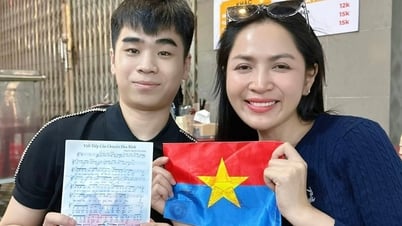













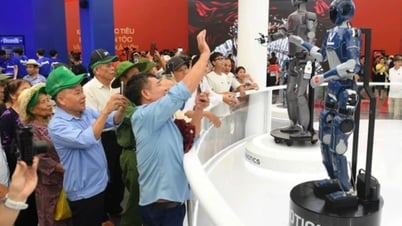
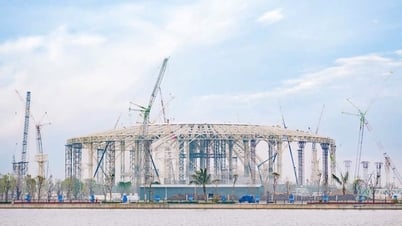


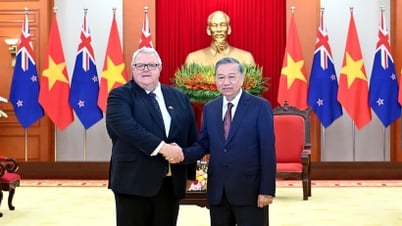
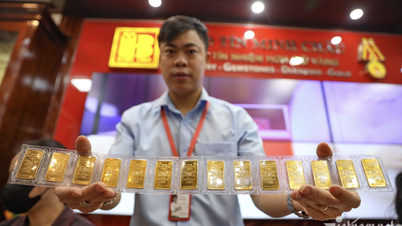
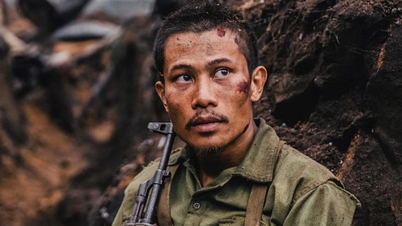
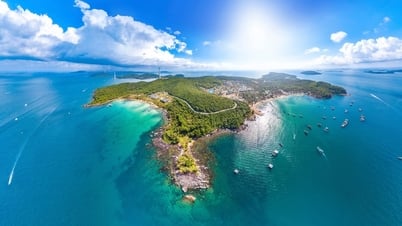


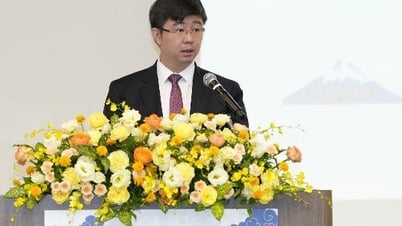

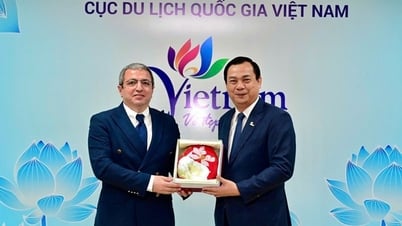
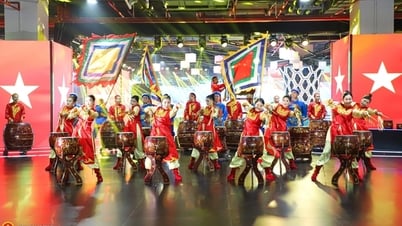
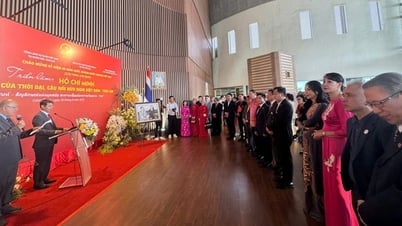
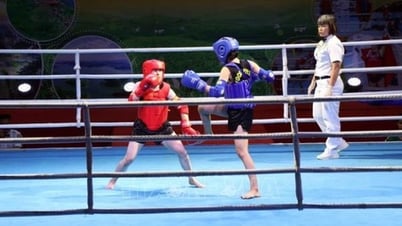


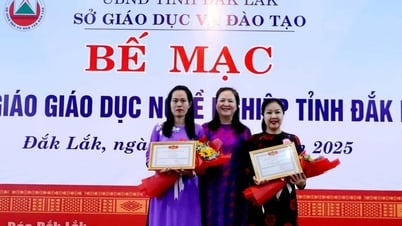

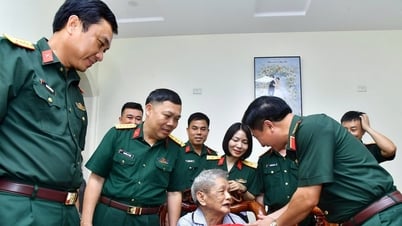

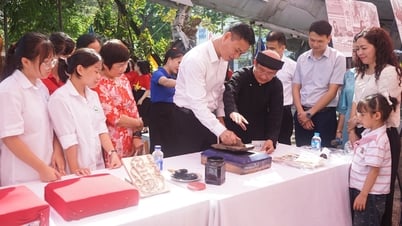

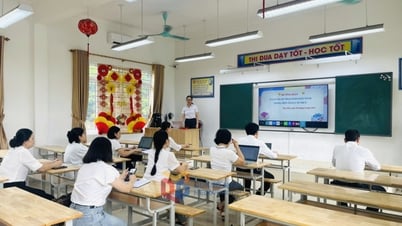






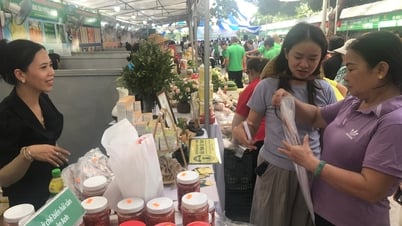





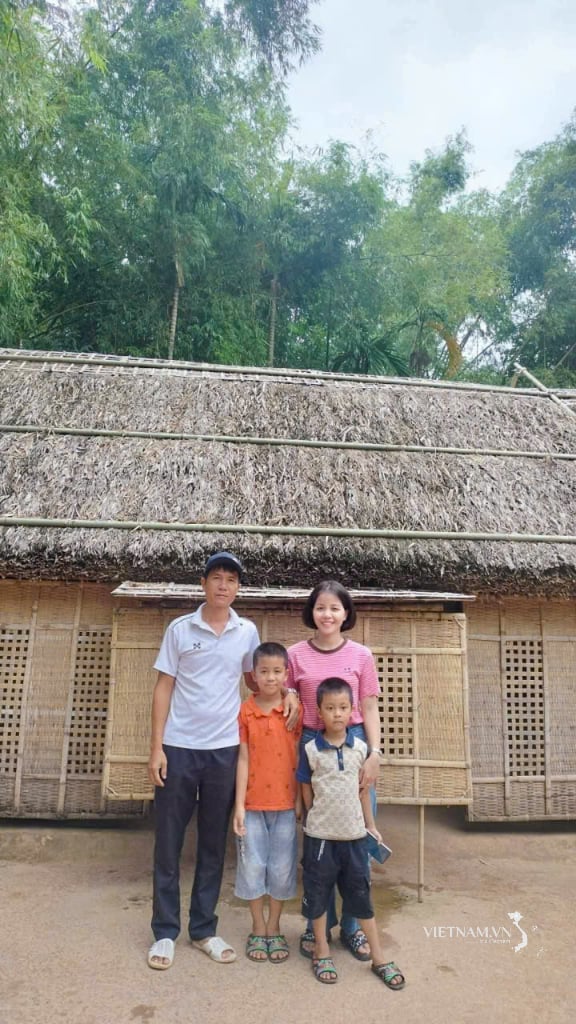

Comment (0)